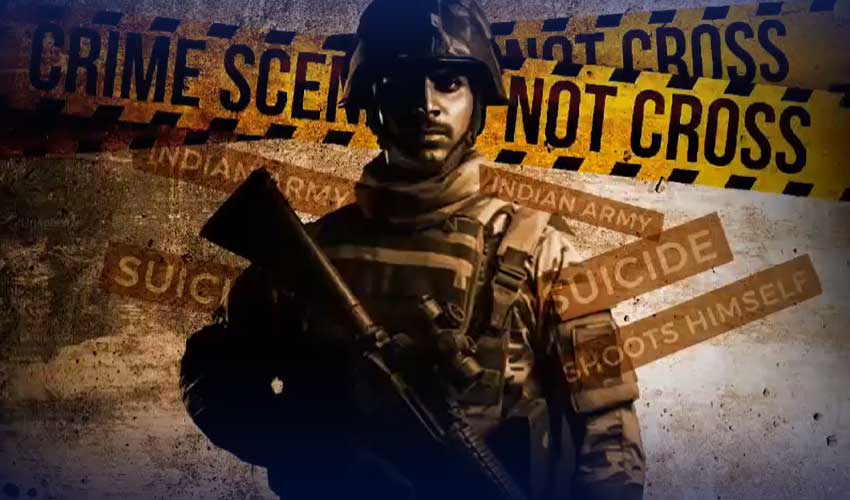Since 2019, a disturbing trend has emerged within India’s security forces, with a total of 177 personnel in Chhattisgarh alone taking their own lives, according to the revelations by Vijay Sharma, Deputy Chief Minister of the state.
The figures underscore a deepening mental health crisis affecting security personnel deployed in some of the most volatile regions of the country, including Kashmir, Chhattisgarh, and Manipur.
Between 2019 and June 2025, 177 Indian police and paramilitary personnel in Chhattisgarh committed self-harm. This includes 26 from the Central Reserve Police Force (CRPF), 5 from the Border Security Force (BSF), and 3 from the Indo-Tibetan Border Police (ITBP), among others.
Alarmingly, 18 personnel during this period were involved in the killing of colleagues, driven by intense psychological pressures, highlighting a severe mental health crisis leading to internal violence.
These stark figures were disclosed in the Chhattisgarh assembly during a response to a question posed by BJP MLA Ajay Chandra, exposing institutional failures in addressing the mental well-being of security forces.
Experts and mental health professionals warn that the absence of dedicated mental health centers or counseling systems exacerbates the problem. Daily deployments in hostile environments, high tension, abusive behavior from officers, and personal issues have pushed many personnel toward despair, with some resorting to violence or suicide.
The crisis extends beyond Chhattisgarh, with official estimates suggesting that annual suicides among Indian security personnel across conflict zones like Kashmir, Manipur, Tamil Nadu, and Mizoram could be even higher, pointing to an overarching institutional and psychological failure.
Human rights experts also highlight that since 2005, security forces have conducted thousands of extrajudicial killings, forced displacements, and sexual violence against tribal populations under counter-Naxal operations—further contributing to the mental toll on personnel who grapple with guilt and moral dilemmas.
Analysts question how a force plagued by internal instability can effectively maintain peace in sensitive regions. The internal crises within security ranks not only threaten their operational effectiveness but also endanger the very communities they are tasked to protect, especially tribal populations caught in conflict zones.
The rising number of suicides reflects a profound crisis of morale and mental health, calling for urgent reforms including comprehensive counseling, mental health support, and institutional accountability to prevent further tragedies.

















